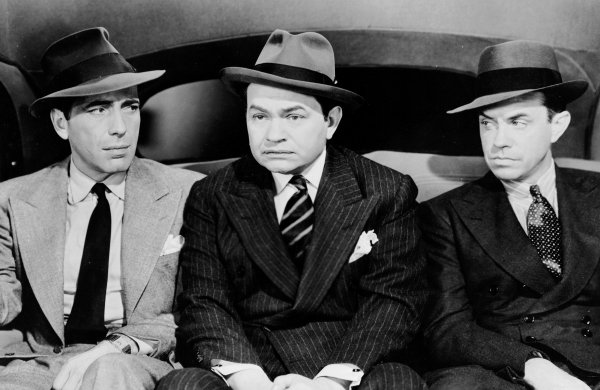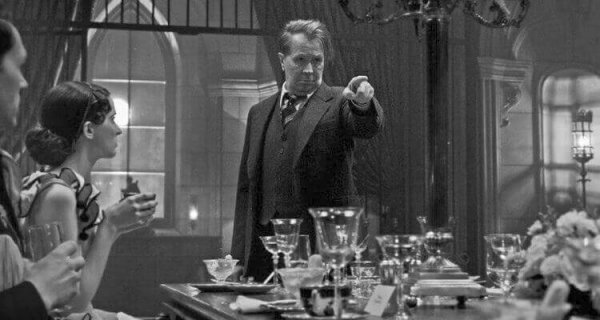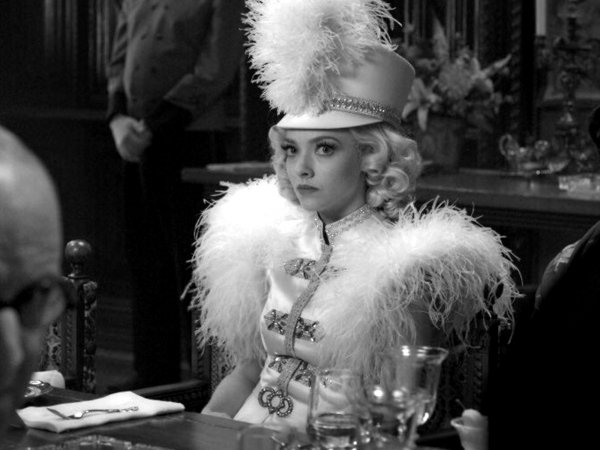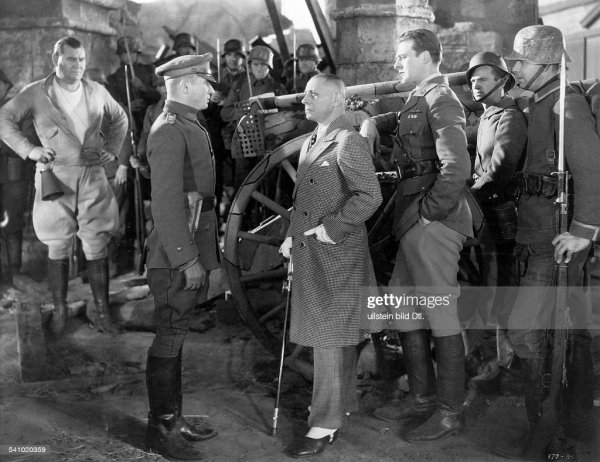AmateisGal
I'll Lock Up
- Messages
- 6,126
- Location
- Nebraska
Since I was stuck in bed today, I watched TCM in between naps.
First up: Gentlemen Prefer Blondes. I've never watched this film, and I honestly don't know why. It was fun and I enjoyed it, and sure, the "Diamonds Are a Girl's Best Friend" number has become famous, but it's not a movie that I'll own.
Second: Larceny, Inc. with Edward G. Robinson and Jane Wyman. I love this movie. It's got some one-line zingers that just make you laugh out loud, and the comedy in it is pure gold. And what a cast! Lots of regular character actors from the '40s here. Now this is a movie I want to own!
Third: Mr. Soft Touch with Glenn Ford and Evelyn Keyes. Confession: This was playing more in the background while I did a few things, so I can't offer a complete review, but I'll watch any 1940s flick with Glenn Ford because...Glenn Ford. The ending was pretty ambiguous as the guy gets shot and we don't know if he lives or dies. Why do classic films sometimes end so abruptly? It's always been weird to me.
First up: Gentlemen Prefer Blondes. I've never watched this film, and I honestly don't know why. It was fun and I enjoyed it, and sure, the "Diamonds Are a Girl's Best Friend" number has become famous, but it's not a movie that I'll own.
Second: Larceny, Inc. with Edward G. Robinson and Jane Wyman. I love this movie. It's got some one-line zingers that just make you laugh out loud, and the comedy in it is pure gold. And what a cast! Lots of regular character actors from the '40s here. Now this is a movie I want to own!
Third: Mr. Soft Touch with Glenn Ford and Evelyn Keyes. Confession: This was playing more in the background while I did a few things, so I can't offer a complete review, but I'll watch any 1940s flick with Glenn Ford because...Glenn Ford. The ending was pretty ambiguous as the guy gets shot and we don't know if he lives or dies. Why do classic films sometimes end so abruptly? It's always been weird to me.






